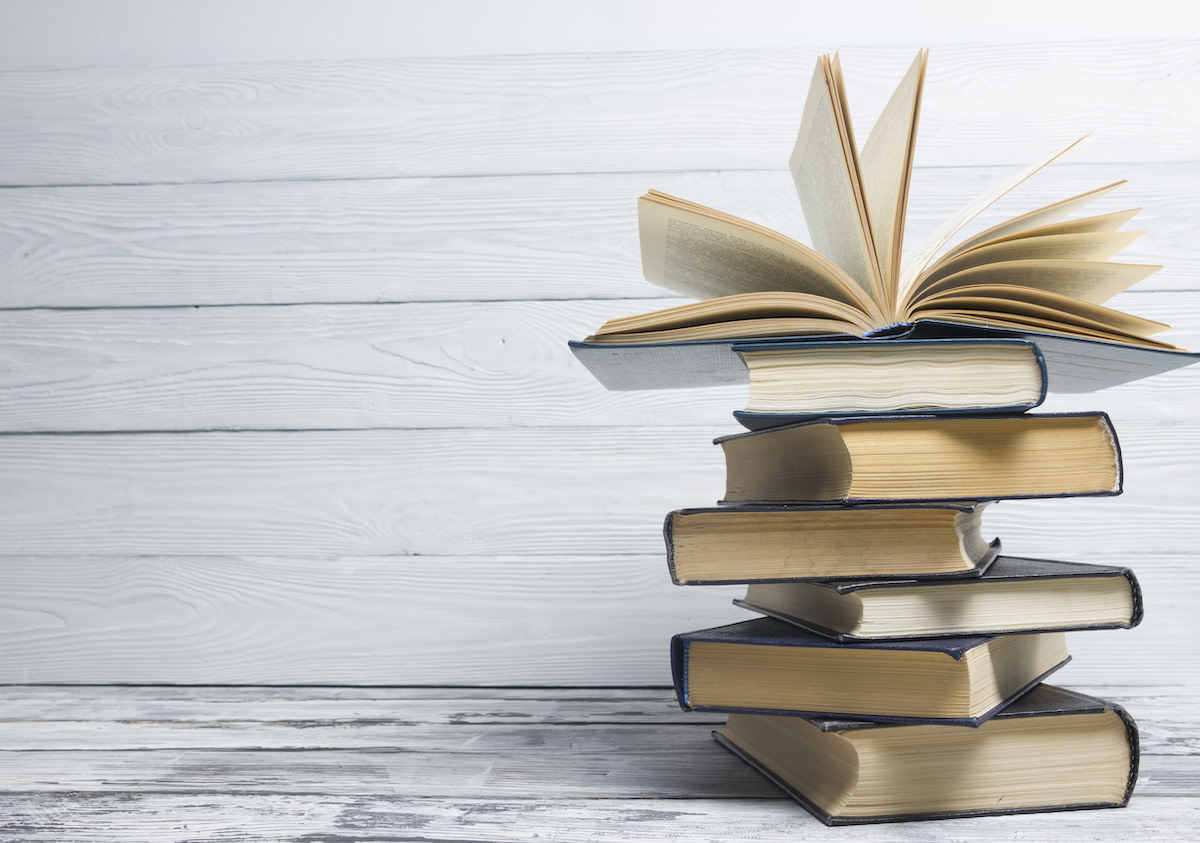6 Common Hero Archetypes in Literature
Written by MasterClass
Last updated: Aug 23, 2021 • 3 min read
From Batman to Gandalf, compelling heroes give the reader a character to root for and a pair of eyes through which to follow the story. Yet not all heroes are created equal. Heroes can be flawed, tragic, brave, or even villainous, and knowing which type of hero your protagonist is can help you write an interesting and convincing main character.
Learn From the Best
What Is a Hero in Literature?
Broadly, a hero is a main character in literature. The hero character may possess great or admirable qualities and be forced to overcome obstacles in the course of the story. Often, they embark on a quest that follows the stages of Joseph Campbell’s hero’s journey.
6 Types of Heroes in Literature
Heroes can come in all shapes and sizes. Here are the six most common types of heroes found in literature:
- 1. Everyman hero: Everyman heroes are ordinary people without any apparent heroic qualities or characteristics. They are underdogs placed in extraordinary circumstances that force them to act heroically. Though lacking inherent heroic qualities, everyman character types often have a strong moral compass and act with extreme selflessness. Readers can easily relate to these types of heroes due to their ordinary nature. In J.R.R. Tolkien’s The Hobbit—the prequel to the Lord of the Rings trilogy—Bilbo Baggins is a common hobbit without extraordinary abilities who nonetheless finds himself on an adventure to obtain the treasure guarded by Smaug the dragon.
- 2. Classical hero: A classical hero is a character who possesses a great talent or ability that separates them from the rest of their contemporaries. This could be a skill, such as the ability to fight, or it could be an internal quality such as bravery or cleverness. Usually, this hero type appears normal on the surface until their powers begin to reveal themselves, such as when Harry Potter learns he is a wizard with magical powers. This hero archetype is present in Star Wars when the seemingly normal Luke Skywalker begins to wield the extraordinary power of the Force.
- 3. Epic hero: Popular in Greek mythology, epic heroes possess otherworldly heroic qualities. These main characters usually come from noble birth and are viewed as legendary due to their seemingly superhuman capabilities and heroic deeds. Examples of heroes in this tradition date back as far as The Epic of Gilgamesh from 1800 BC. Other epic heroes include Achilles (from Homer’s The Iliad), Odysseus, Beowulf, King Arthur, and superheroes like Superman.
- 4. Tragic hero: A tragic hero is a hero who possesses a fatal flaw or makes an error in judgment that ultimately leads to their downfall. Tragic heroes evoke a feeling of fear or pity in the audience as they witness their protagonist’s ultimate demise. Perhaps the most well-known example of a tragic hero is Oedipus, whose tragic flaw is his excessive pride, which leads him to unwittingly kill his father and marry his mother. In William Shakespeare’s Romeo and Juliet, Romeo’s fatal flaw is his unrestrained passion and emotional impulsiveness, which leads to his own death and the death of Juliet. Brutus, from Shakespeare’s Julius Caesar, is able to be manipulated into killing Caesar because of his overwhelming loyalty to his country.
- 5. Anti-hero: Anti-heroes do not possess traditionally heroic qualities. In fact, they have qualities that seem more befitting of a villain, such as dishonesty, greed, or general immorality. The anti-hero’s struggle to overcome or reconcile these morally dubious qualities makes them relatable to an audience, emphasizing the very human conflict between right and wrong that we all experience. The Great Gatsby has an iconic anti-hero in Jay Gatsby, whose rise from poverty was accomplished through involvement in organized crime and theft. In Star Wars, Han Solo is an arrogant, roguish smuggler who eventually overcomes his own self-interest to help the Rebel Alliance.
- 6. Byronic hero: The Byronic hero—an archetype codified by English romantic poet Lord Byron—is known for being prickly, sullen and inscrutable on the outside, while possessing a rich inner life under the surface. These heroes are often profoundly flawed and wounded, but nonetheless possess strong morals and passions. They commonly question the beliefs and conventions of normal society, leading to their own social alienation. In Pride and Prejudice, Mr. Darcy is a Byronic hero and an outcast who is driven by his passion for Elizabeth.
Want to Learn More About Writing?
Become a better writer with the MasterClass Annual Membership. Gain access to exclusive video lessons taught by literary masters, including David Baldacci, Joyce Carol Oates, Dan Brown, Margaret Atwood, David Sedaris, and more.
